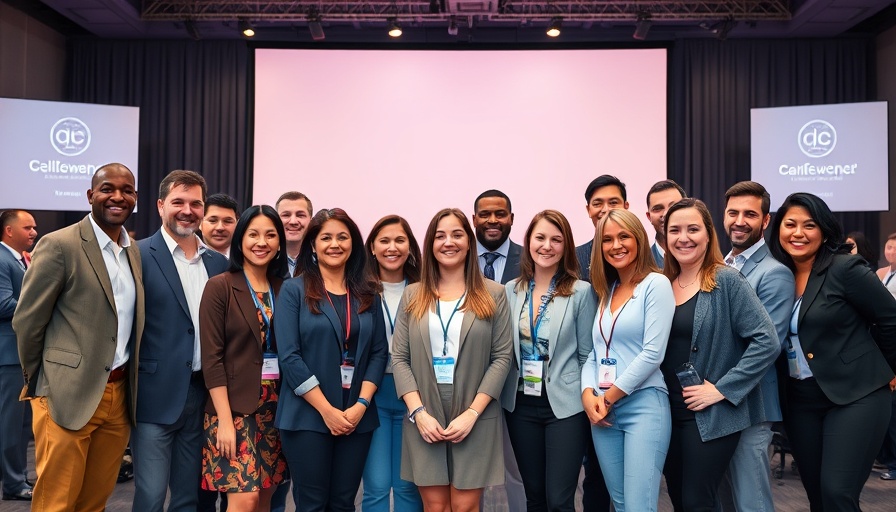
A Surging Shift in Nigeria's Quick-Service Restaurant Landscape
At the recent Glovo Future of Commerce Summit, industry leaders Kofi Abunu of Chicken Republic and Rushdi Ibrahim from Burger King Nigeria discussed the dynamic landscape of Nigeria's quick-service restaurant (QSR) sector. As inflation and infrastructural challenges loom, both brands are assuming innovative stances to thrive in what is being called one of the world’s most promising food service markets.
Key Lessons in Agility and Innovation
Kofi Abunu highlighted that local brands have evolved significantly, noting how consumer preferences have shifted toward quality and convenience. "Nigerian customers now want quality, speed, and accessibility. Demand never falters, even in tough times," he said. Chicken Republic has adopted agility as a cornerstone of its growth strategy, investing heavily in workforce training and operational efficiencies.
Understanding Local Markets is Paramount
Rushdi Ibrahim shared Burger King’s approach to country-specific challenges, revealing a key insight: “Nigeria defies global logic.” What works in other markets does not always translate here, compelling Burger King to tailor its strategy to meet local needs. His framework for entering the Nigerian market revolves around Testing, Reaching the right audience, and adapting to local competition.
The Role of Technology in Nigeria's Food Economy
Reni Onafeko from Glovo emphasized the technology platform's crucial role in shaping Nigeria's digital food economy. “The future for Glovo is rooted in enhancing the food service industry.” As mobile transactions and fintech solutions flourish, Glovo aims to become a leading player in Nigeria’s evolving digital landscape.
Implications for Tech Entrepreneurs in Africa
The insights from this summit serve as a beacon for tech entrepreneurs and investors looking to navigate the complexities of the African market. As transformative technologies like AI and fintech evolve, understanding the local business environment will be essential for leveraging opportunities in the food and technology sector.
Concluding Thoughts
As Nigeria continues to build its QSR landscape amidst economic challenges, the lessons learned from industry leaders can inspire tech startups and venture capitalists. Adaptation and local insight are key elements to consider when entering or investing in emerging markets, particularly in Africa's vibrant food commerce sector.
 Add Row
Add Row  Add
Add 


Write A Comment